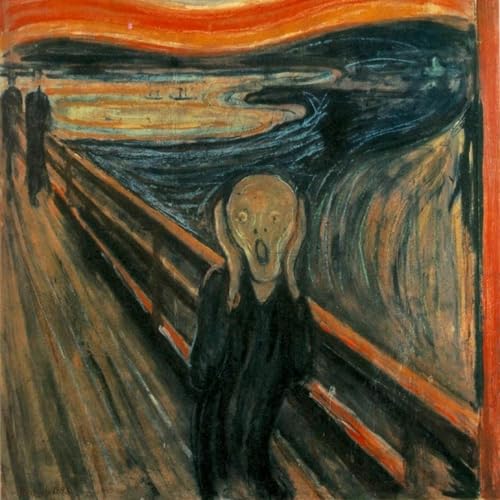In the current pandemic, many normally harmless activities like grocery shopping are suddenly frightening. But is fear a necessary, or even good, function of our nervous system? Where does it originate from in the brain? Can we directly control emotions like fear, and what consequences would that have for the human experience? Tomás Aquino, a fellow Caltech grad student and neuroscientist friend, joins us this week to discuss these questions and the double-edged role of fear in the graduate school experience. This episode was recorded before the pandemic began, so you will hear us all in a room together, but rest assured that right now we are all social-distancing. We could not have predicted how timely this topic would be or how much graver it is given current events. We wish you all the best and hope that this bit of interesting science gives you something fun to think about during such serious times. For more neuroscience news and research from Tomás Aquino, check out his Twitter: https://twitter.com/the_technetium In the episode we discuss how scientists manipulate aggression through the hypothalamus in mice using an advanced technique called optogenetics. For more details about optogenetics, and viruses like modified rabies that Tomás mentioned, check out this article in Scientific American: https://www.scientificamerican.com/article/optogenetics-controlling/ We also discuss the peculiar case of a patient who does not experience fear in her life due to a missing amygdala (for privacy, the patient’s name is abbreviated as just S.M.) For more on this patient, check out this article in Discover Magazine: https://www.discovermagazine.com/mind/meet-the-woman-without-fear Find us at https://caltechletters.org/podcasts/ Contact us at biospherepodcast@gmail.com Tweet Lev @LMT_spoon Upgoer5 editor: https://splasho.com/upgoer5/ ***Cover image: The Scream by Edvard Munch, one of the most famous artistic depictions of fear. Did Munch have the amygdala in mind? (bad pun intended) Credit: https://commons.wikimedia.org/wiki/File:The_Scream.jpg (public domain)
Show More
Show Less
 May 7 202146 mins
May 7 202146 mins Aug 7 202051 mins
Aug 7 202051 mins Jul 24 202042 mins
Jul 24 202042 mins May 8 202034 mins
May 8 202034 mins